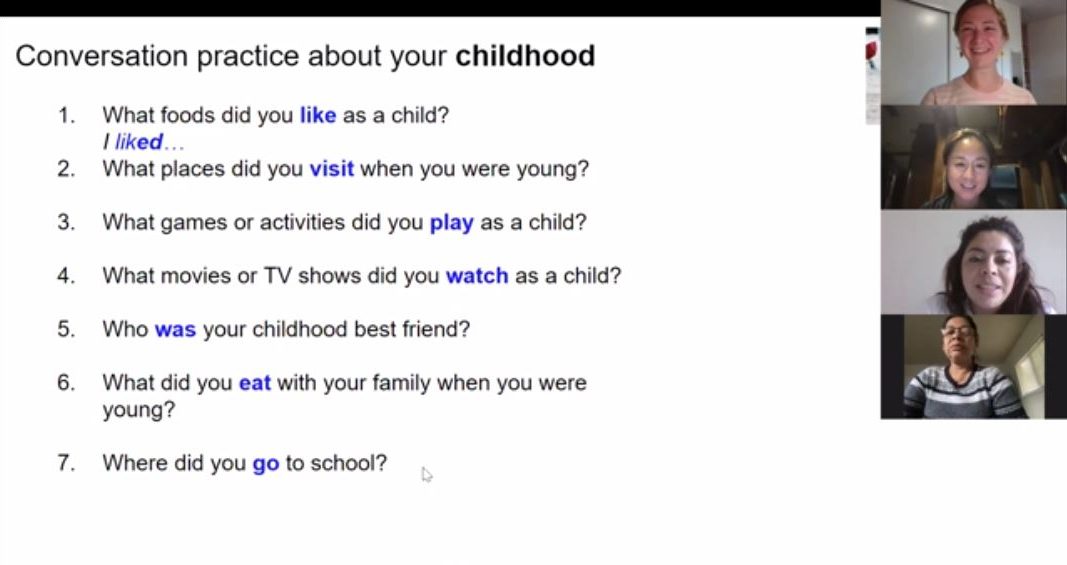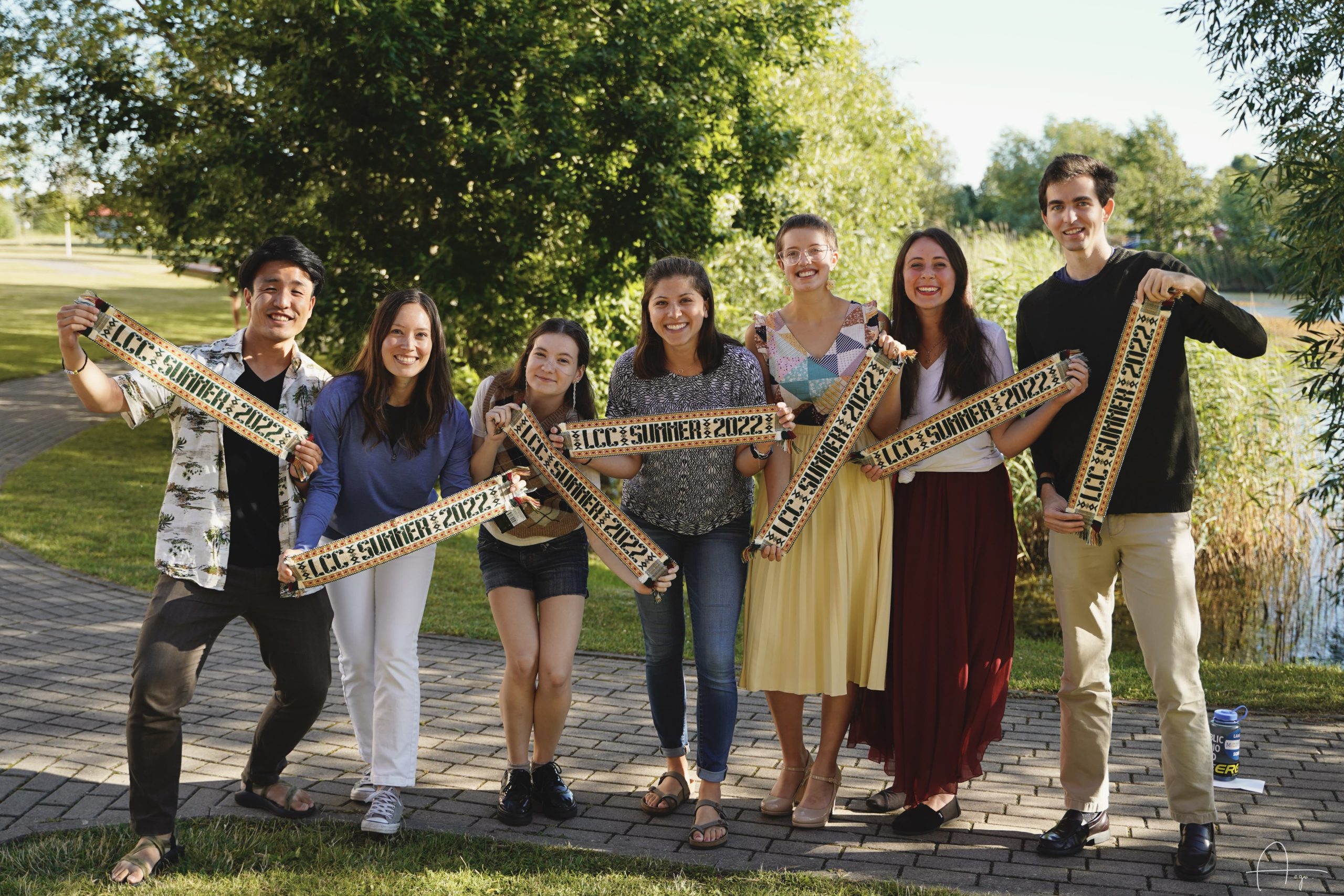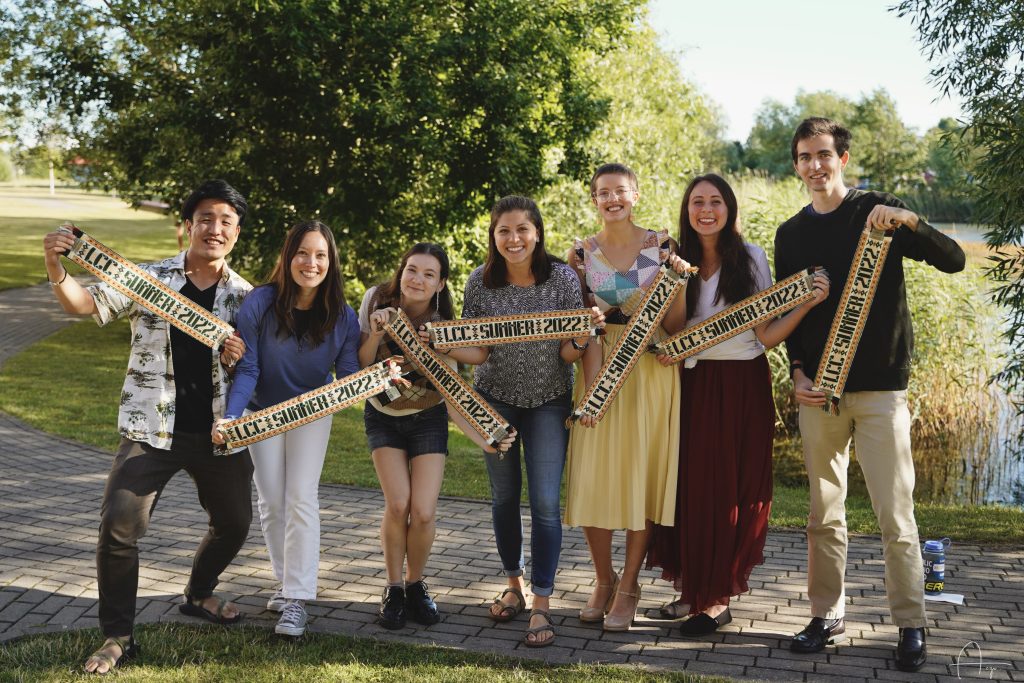
Kira describes her volunteer position at Monterey Adult School (MAS) with English as a Second Language (ESL) courses. She outlines what she found unique about the ESL courses and how she further developed her own professional skills.
This semester, experiential professional learning funding enabled me to work in one of my ideal teaching contexts: adult English as a Second Language classes at the Monterey Adult School (MAS). My involvement there began in January of 2021 when I started volunteering as a conversation partner in one of the classes. My relationship with the instructor and students grew over the year and developed into a practicum internship starting in January of 2022. I couldn’t have been more excited to continue working with the students I already knew and apply what I was learning in my classes at MIIS to a language teaching role.
Throughout my time at MAS, I worked with speakers of Spanish, Portuguese, Arabic, German, and Chinese, to name a few!
I love this language education context because it is so unique. Students from different linguistic and cultural backgrounds are all in class together with a common purpose. Throughout my time at MAS, I worked with speakers of Spanish, Portuguese, Arabic, German, and Chinese, to name a few! And, because the classes were on Zoom, learners could join in from anywhere– Monterey to Mexico, Florida to Georgia (the country!).
Fortunately, great challenges can lead to great learning. . . Concepts like differentiation and scaffolding went from theoretical “head knowledge” to more practical “heart knowledge” quickly, guiding me to better serve the students.
This level of linguistic diversity was also a source of great challenge. Imagine having students who just started learning English in the same class with intermediate or advanced learners! Also, even though I speak Spanish like the majority of the students, out of fairness I could not rely on it too heavily for explanations and clarifications. Fortunately, great challenges can lead to great learning. I had the opportunity to apply ideas from my classes at MIIS directly to my teaching. Concepts like differentiation and scaffolding went from theoretical “head knowledge” to more practical “heart knowledge” quickly, guiding me to better serve the students.
As this experience is coming to an end, I feel so grateful to my cooperating teacher and all of the students at MAS for allowing me to join them and for trusting me with even a small part of their education. I hope this experience was as valuable for them as it was for me in terms of preparing me for my future and showing me the joys of language learning!





You must be logged in to post a comment.